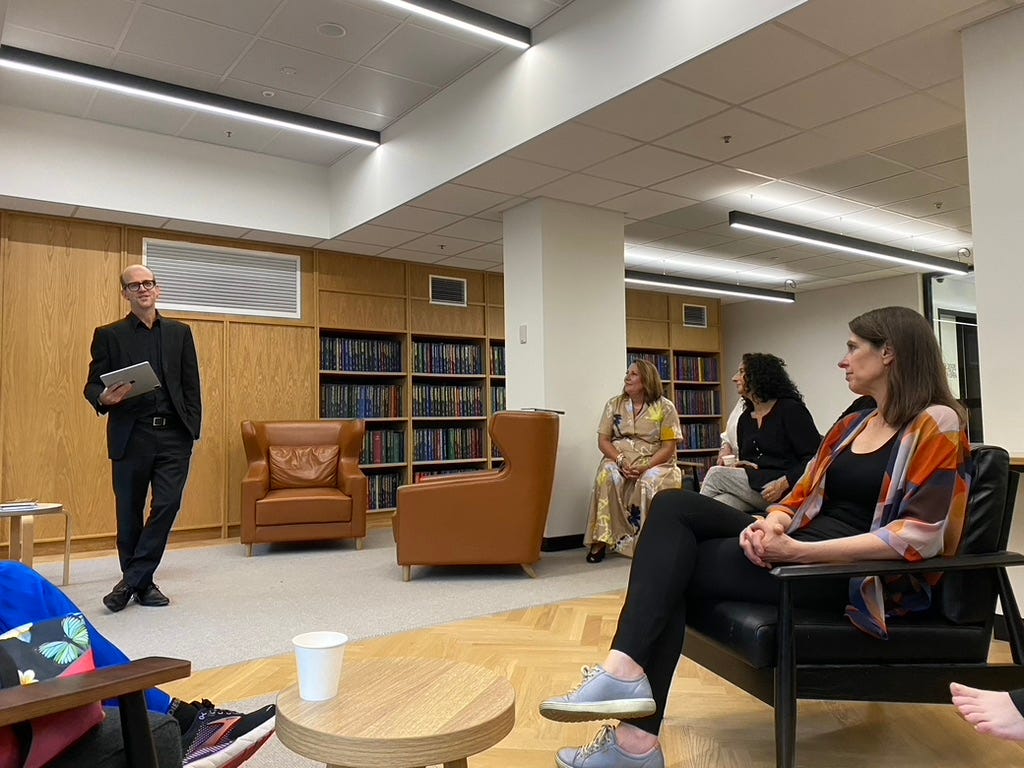Can philosophy really be practical?
Philosophy as a way of life?
For the past 12 months or so I have been working on Instagram to build a following of people interested in philosophy and, particularly, that branch of philosophy we call ‘ethics.’ The point of ethics is that it is supposed to be practical - to engage with the realities of daily life, not just for some intellectual elite, but for everybody.
Here’s some things I’ve learned.
Divergence
What some people find interesting and “practical”, others don’t. What some people find high-minded and obscurantist, others find eminently useful. It is difficult to create a templated approach, a one size fits all, if you try to speak to people who have a general interest philosophy. People have highly divergent interests.
But despite this, it is clear what kinds of things are most popular on platforms like Instagram and Twitter. If I could make a generalisation, it would be that people want formulas - simple, easy-to-access, and easy to apply statements that they can carry around in their minds, for a day or two, as a prompt for thinking about their life.
This expresses itself in the amazing popularity of (1) philosophy quotes Instagram pages and (2) ethical listicles - the “5 rules for living” or “3 ways to be better” or whatever.
The first I find easy to provide for my audience - my interest is in Nietzsche and there is basically no shortage of interesting and outrageous quotes from his works.
The second I find problematic. Lists of rules for living are just too simplistic, they are as likely to be bad advice to one person as they are good advice to another.
So what am I to do with this, how can I reach more people and have a bigger positive impact? My answer, for the moment, is to keep providing people with interesting provocations, rather than simple solutions.
Engagement
People like to engage. If you can give a simple and interesting provocation, people will comment and even reply to each other’s comments. On my Instagram account, I have my frequent flyers - the people who regularly comment on and interact with my content.
The thing I have noticed though, is that these engagements are very rarely sustained. It’s normally a 1-2 combination. A comment, and a reply. Sometimes, there’s a response and further reply. And then that’s it.
And fair enough. People have busy lives, and (thankfully) only so much time for social media.
The problem is that for philosophy to become really practical and applicable to an audience, and for philosophers to learn how to become really practical in what they say, more is needed. You need to get into the weeds with people, really understand what their specific questions and problems are, and have time for sustained, mutual engagement that eventually will go some way to towards being really useful.
I often wonder what this might look like. I really like what groups like
are doing with their French salon revival - convening small groups of people for in depth discussions. I hope to host my own salon as soon as I have the time.And so…?
There is a lot of philosophy that falls truly wide of the mark, if what we are aiming for is practical application to everyday life for everybody. In my mind there are two types - the spiritualist type and the academic type. For the former, it is easy to end up entranced by a whole lot of interesting sounding nonsense that has no evidentiary base and no rigorous thought behind it. For the latter - well, there are literally hundreds of thousands of academic articles and books that are essentially impossible to read, unless you’re a deep expert in some specific (often abstract) domain.
I don’t always manage to land my philosophical project. Sometimes it works for people, sometimes it doesn’t.
My commitment is to keep adjusting course, refining the approach, and learning from my audience - and hopefully it will become more useful over time, but also more rigorous, better thought through and increasingly well-founded.
For my paid subscribers
Keep reading with a 7-day free trial
Subscribe to Provocations to keep reading this post and get 7 days of free access to the full post archives.






